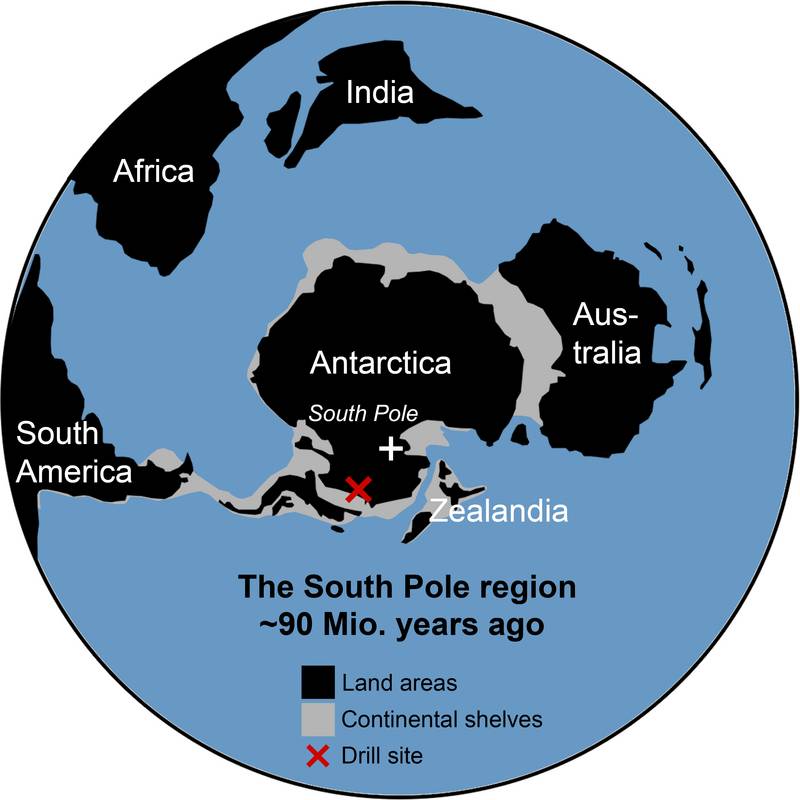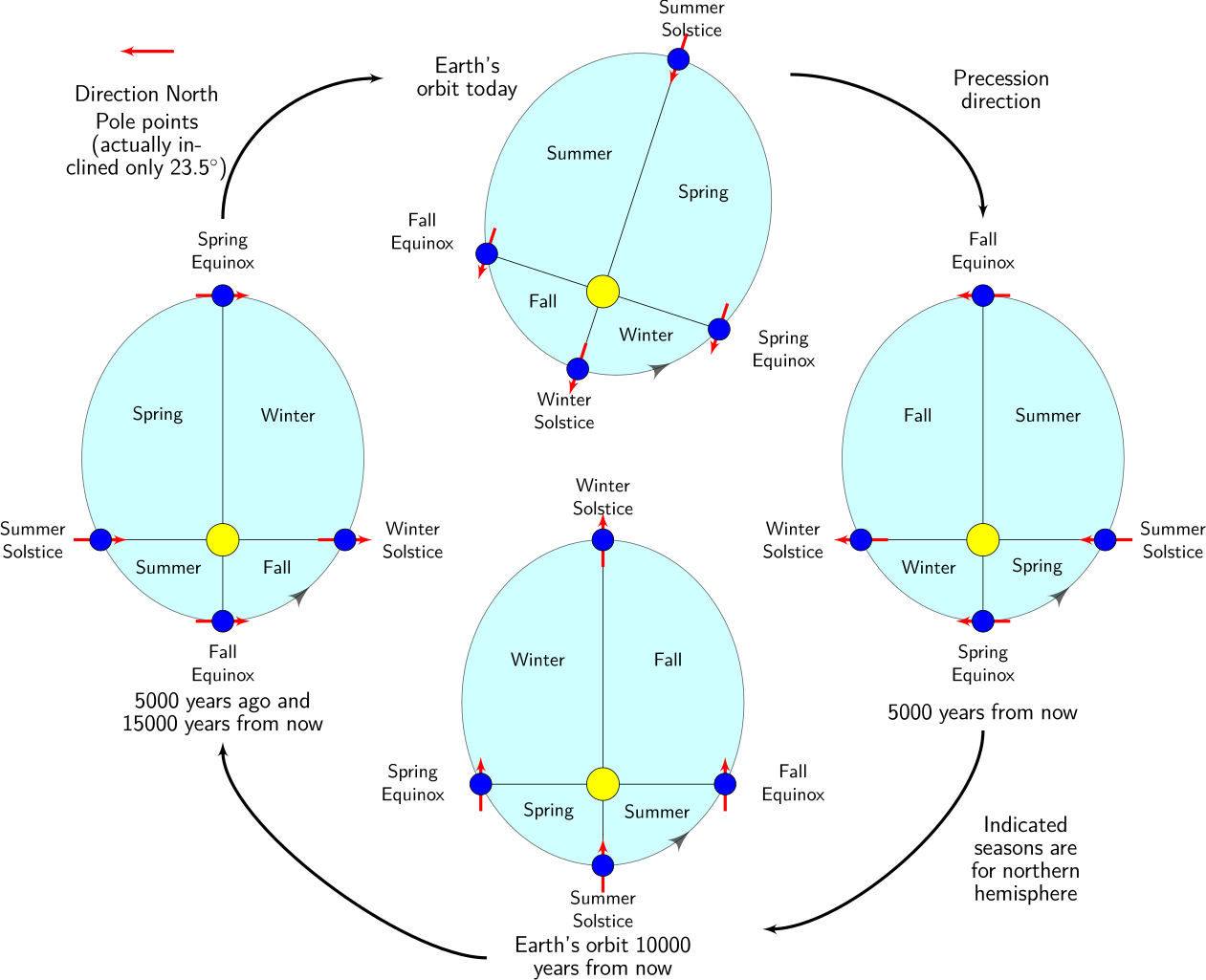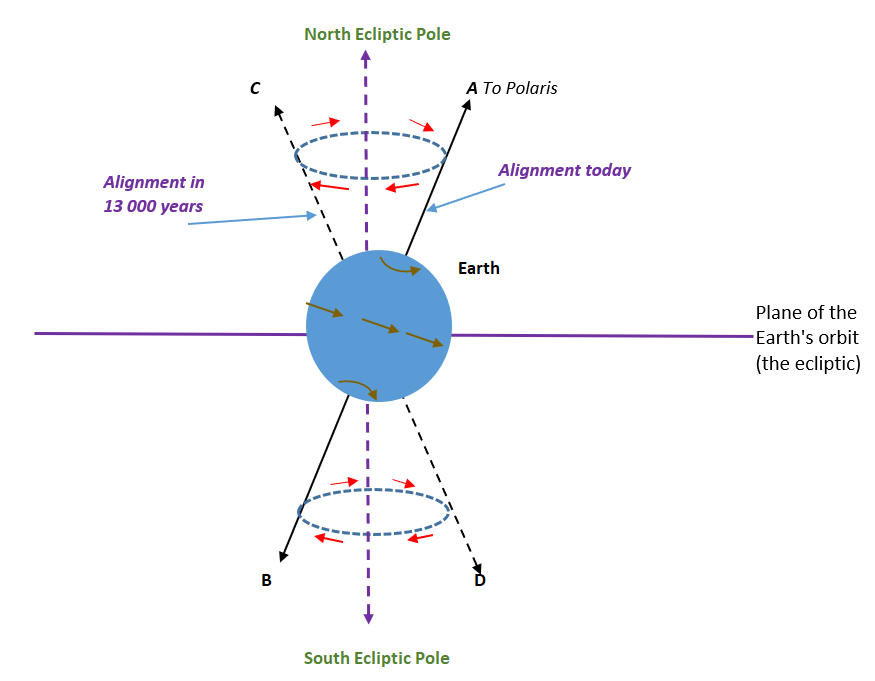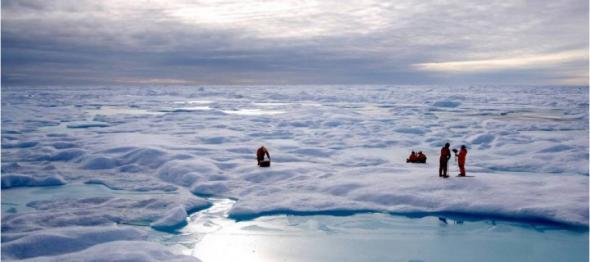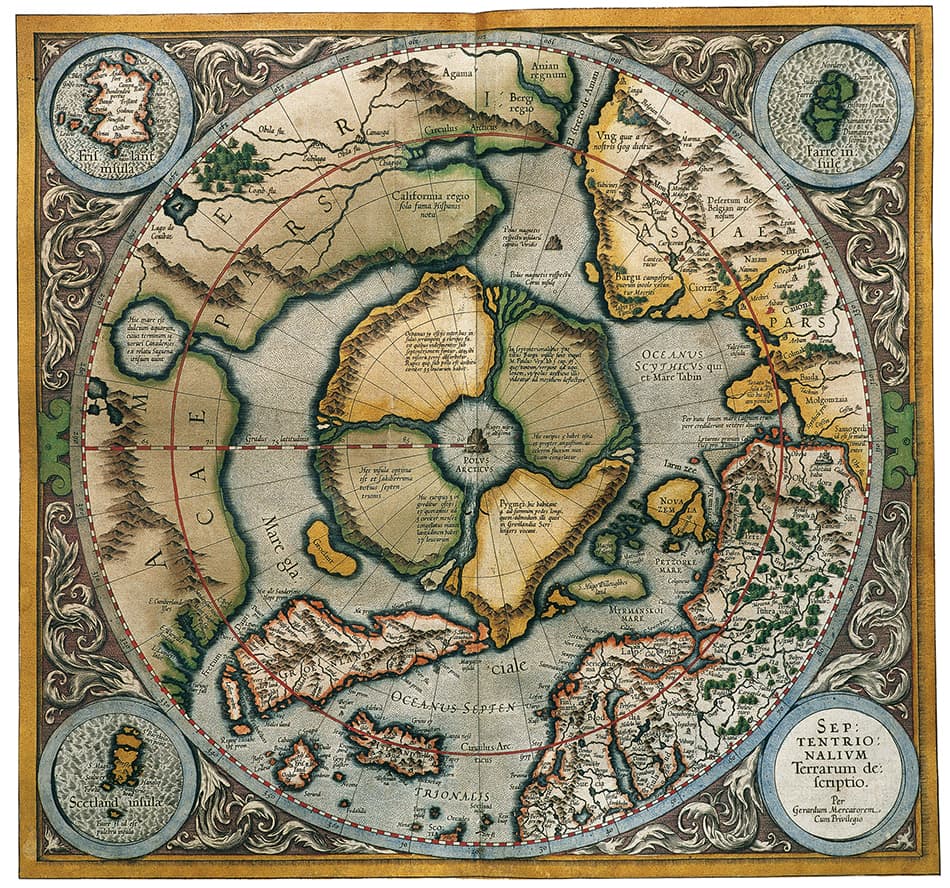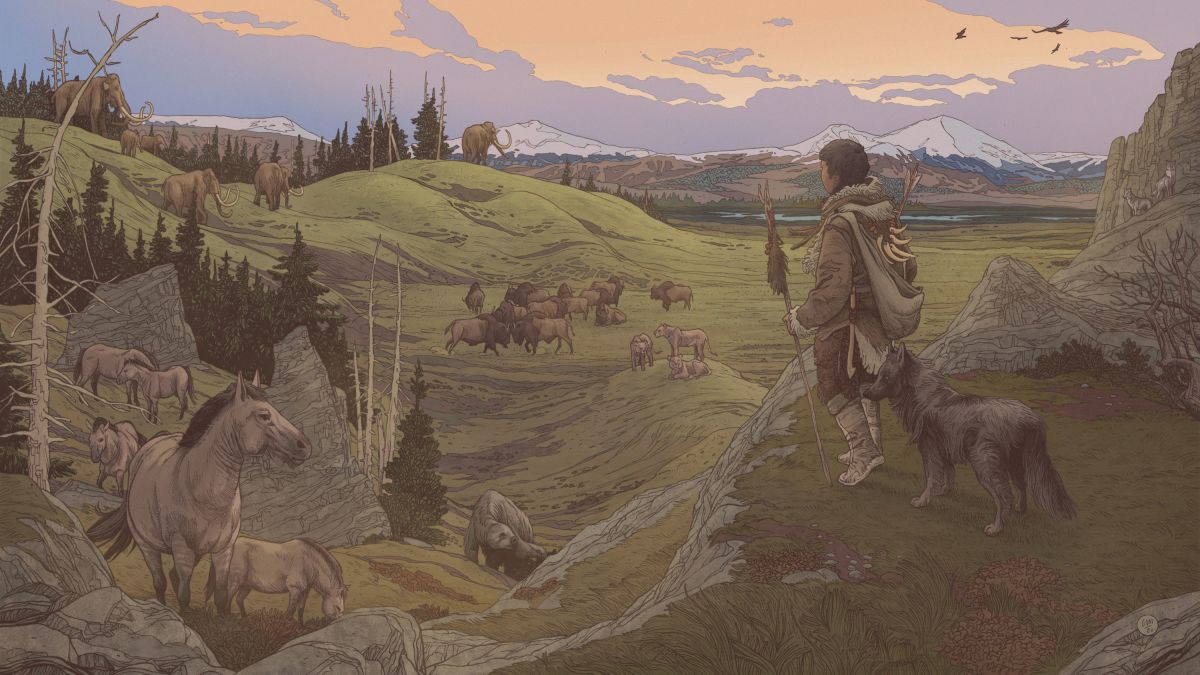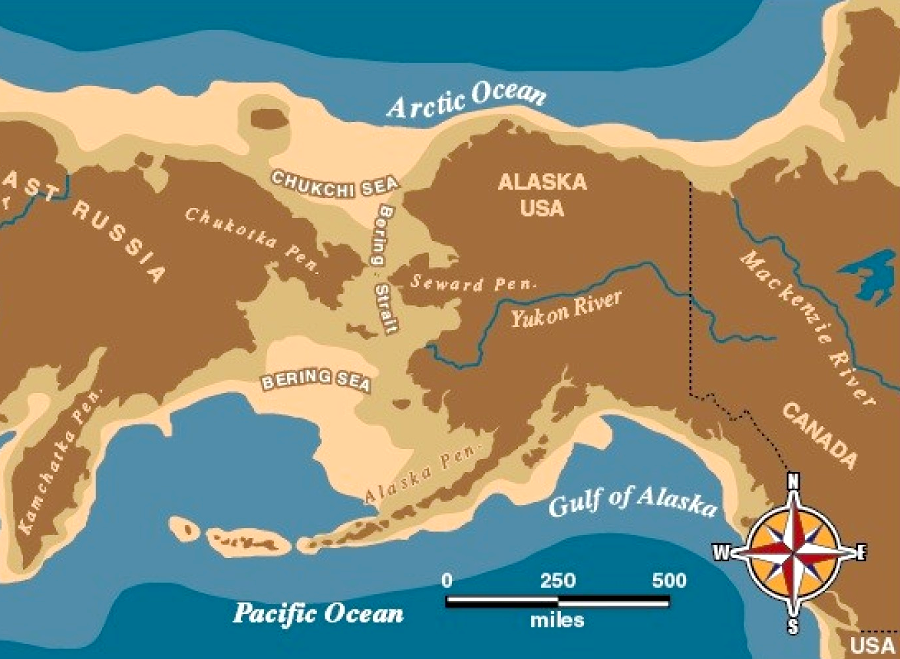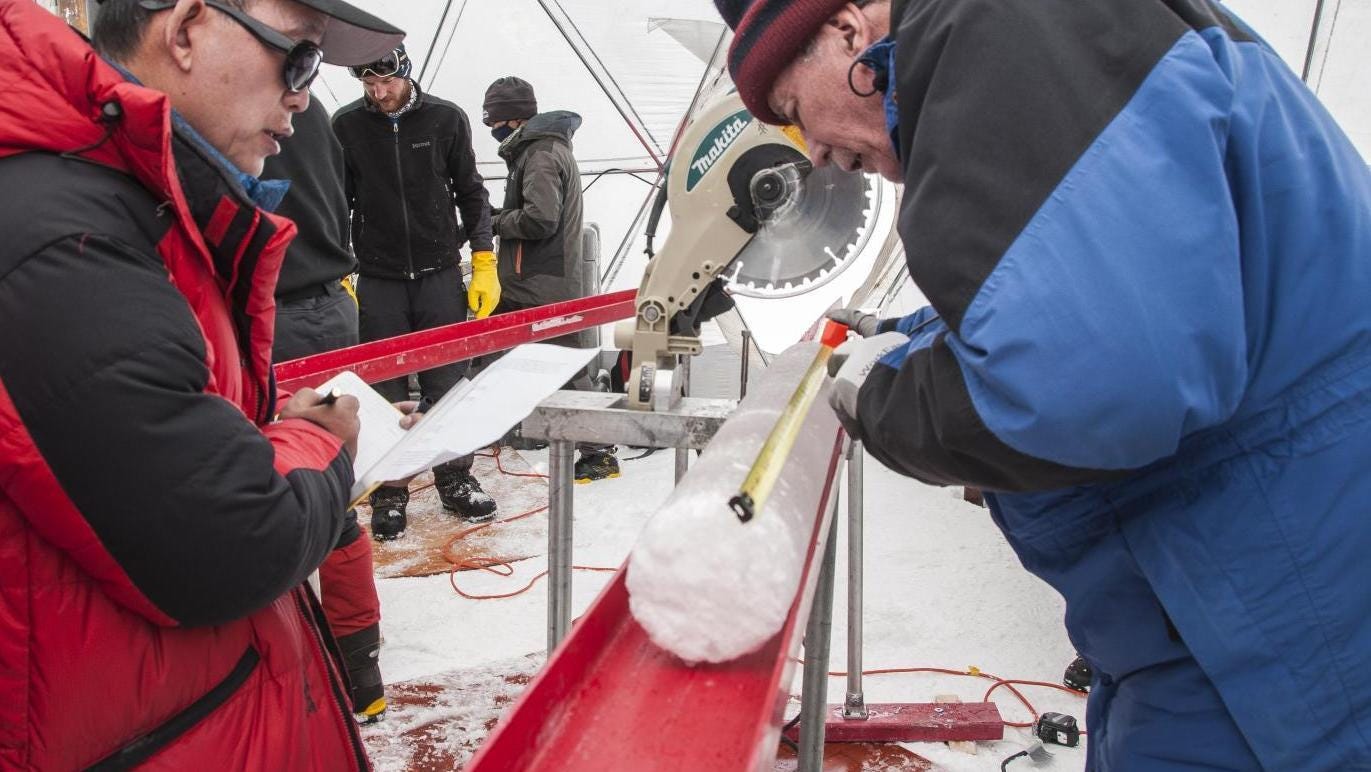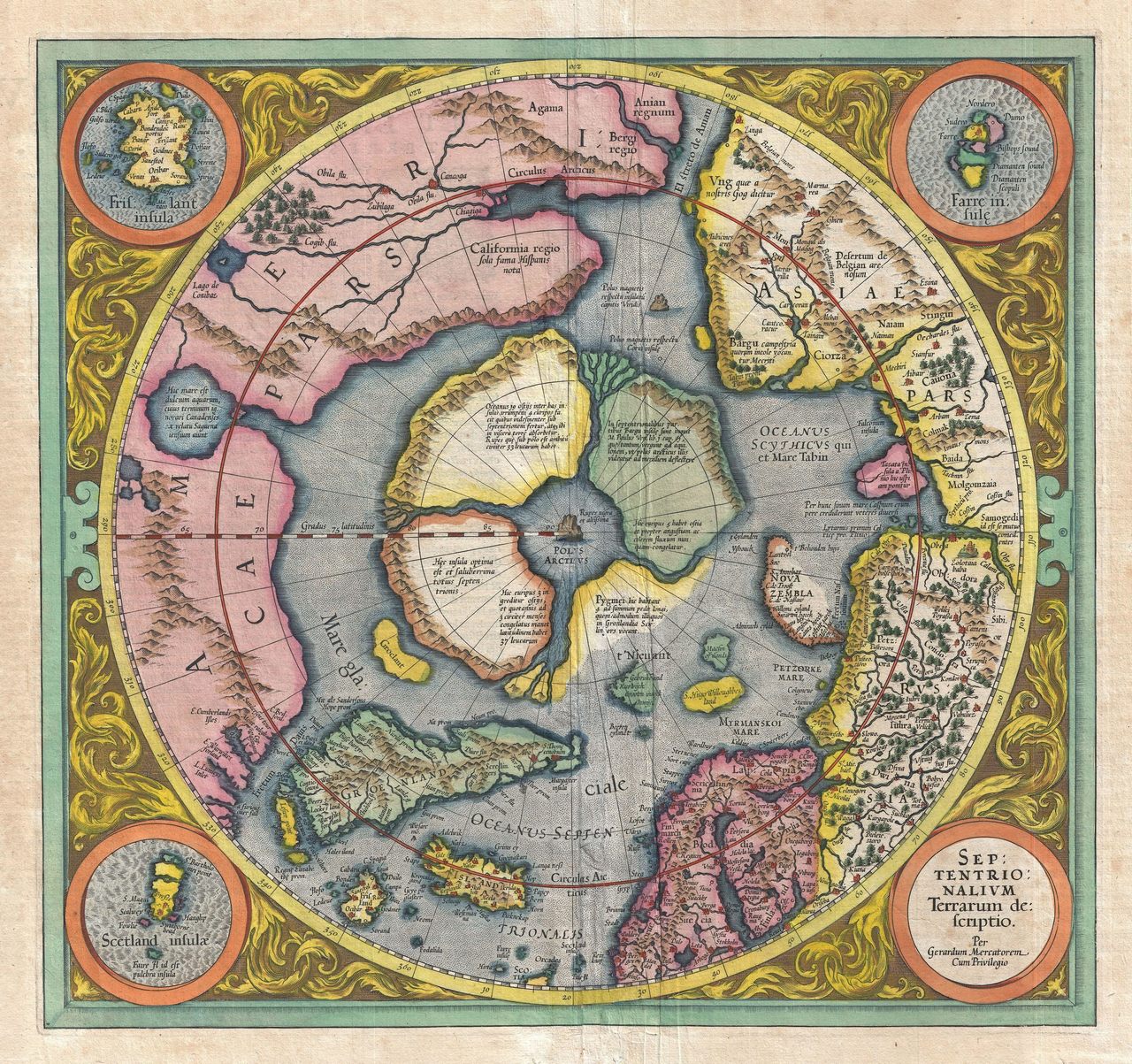
A new history of the North Pole uncovers its deep significance for modern civilization - ArcticToday
Elk began to enter North America about 15,000 years ago, likely due to more suitable environmental conditions caused by the end of the last ice age. During the Pleistocene, they were much
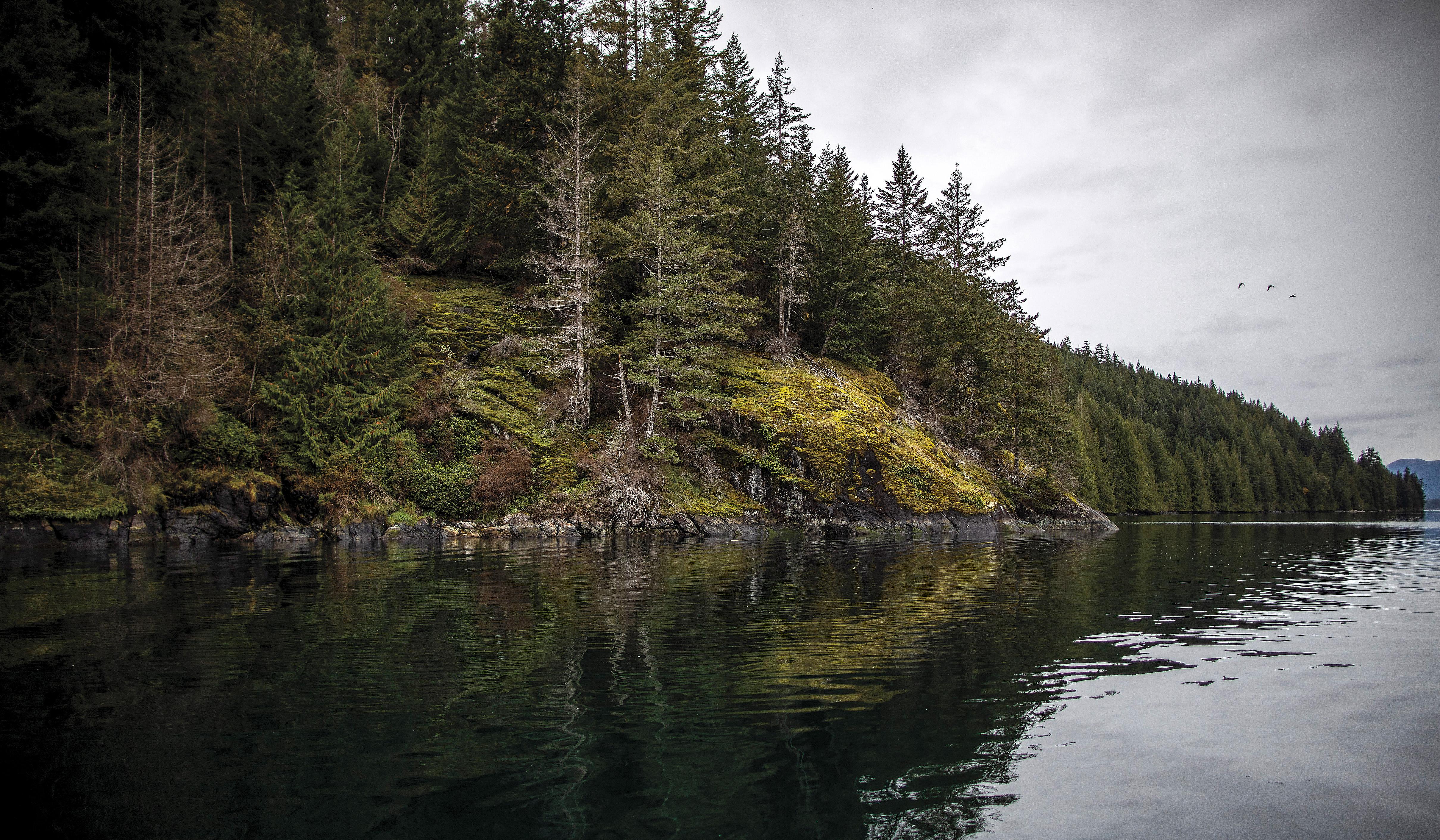
The Story of How Humans Came to the Americas Is Constantly Evolving | Science | Smithsonian Magazine
/https://tf-cmsv2-smithsonianmag-media.s3.amazonaws.com/filer/58/bd/58bd177d-ffea-45bb-90b4-c79169db4db8/horse_mand_black-wr_no_scale.jpg)
Humans May Have Arrived in North America 10,000 Years Earlier Than We Thought | Science| Smithsonian Magazine
/https://tf-cmsv2-smithsonianmag-media.s3.amazonaws.com/filer/24/7a/247aa405-bb18-4eec-a00f-4617461b4c6f/raghavan4hr.jpg)



